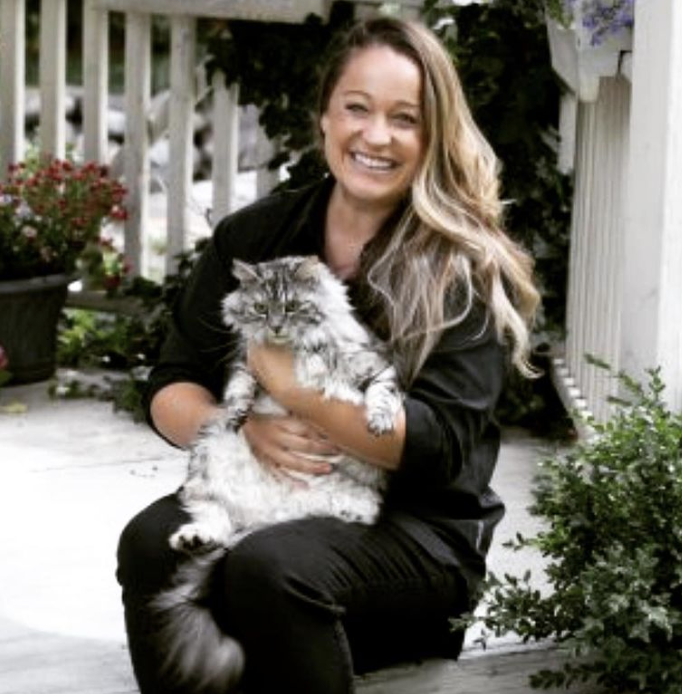This treatment works because iodine (radioactive or otherwise) attaches to thyroid tissue. Radioactive iodine emits high-speed electrons that damage the thyroid tissue from within, effectively destroying the thyroid tumor. The electrons only penetrate a fraction of an inch, which means only the thyroid tissue is affected, and the rest of the cat's body is not. Human beings with hyperthyroidism are similarly irradiated and are not confined in any way afterward, but because, in this situation, the patient is a cat, the Nuclear Regulatory Commission insists on confinement as described above. The potential for side effects with this therapy is very low, and it is low stress for the cat.
This therapy is generally considered the safest and most effective method of treatment for feline hyperthyroidism.
Your cat will be given an injection of radioactive iodine (iodine 131) and kept in the facility until the radiation levels have reduced adequately to allow the cat to return home (typically four days). Treatment is not invasive, and most cats tolerate brief separation from home without significant stress.
